It’s commendable whenever people sit down and talk about race. By talking about it, they can devise solutions to unify people from various racial backgrounds. Unfortunately, some people derail conversations about race by saying phrases that come across as insensitive. To prevent that type of awkward situation, here are phrases to avoid using in conversations about race.
1. “You’re So Exotic.”
People use this phrase when they want to tell a foreigner they’re beautiful in an unusual or strange way. Although complimenting someone is okay, you don’t want to tell them that they’re strange-looking. If you must compliment someone’s beauty without calling attention to their foreign background, say, “You’re beautiful/handsome.”
2. “I’m Not Racist, But…”

This is a phrase that people normally say to try to overwrite a racist remark they’re about to say. Typically, the remark that follows isn’t factual but instead based on racial stereotypes, like, “I’m not racist, but I think black women are very loud.” If you’re generalizing a group of people it’s probably better to keep quiet. While you’re at it, you might want to brush up on your racial biases.
3. “You’re Pretty for a (Insert Race Here) Man/Woman.”

If you want to compliment someone’s beauty, you should avoid this statement because it’s backhanded. Backhanded compliments tend to make the other person question whether or not you intended to hurt them. For instance, this statement compliments someone’s beauty while also implying that people from their race are usually unattractive. Like the exotic example, focus on telling them that they’re beautiful and don’t drag their racial background in the process.
4. “I Have (Insert Race Here) Friends.”
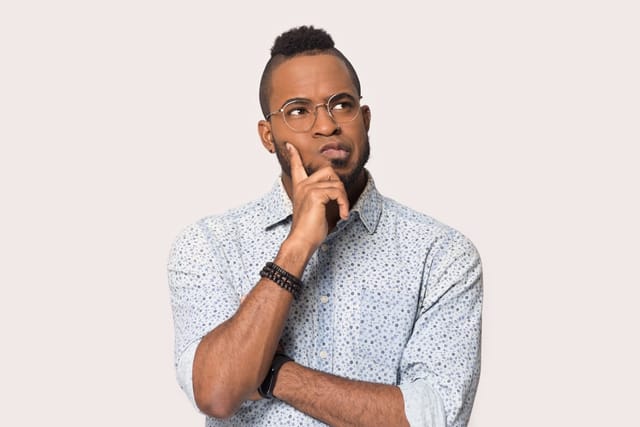
People normally use this phrase when they want to claim they can’t possibly be racist since they have friends of a different race. Unfortunately, the phrase promotes tokenism because it makes you seem like you only befriend people from certain races to virtue signal. Therefore, your friends from diverse races will keep questioning whether or not you truly like them as a friend.
5. “I Don’t Have a Racist Bone in My Body.”
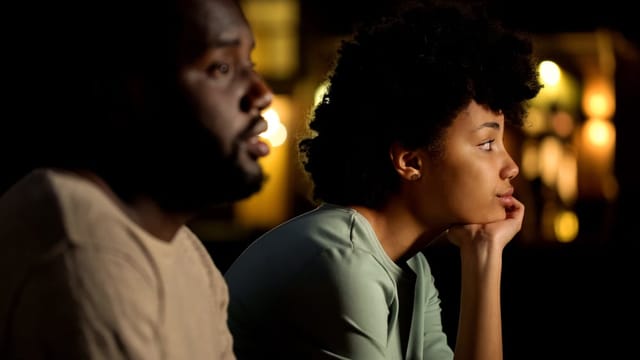
This may be shocking to some, but we all have implicit biases, which means we are all a little racist. However, it doesn’t mean everyone is longing for the return of racial segregation. If we do some stuff that could be considered racist, it isn’t usually out of malice. In short, everyone is capable of being racist or engaging in other forms of prejudice. Therefore, claiming not to have a racist bone in your body is untrue.
6. “You’re Articulate for a (Insert Race Here) Person.”

Complimenting someone’s communication skills is fine, but you don’t have to bring race into this. By saying this phrase, you’re implying that people from their race aren’t typically articulate. Also, the phrase forgets that not every race sounds the same, especially when you consider regional accents and colloquialisms. For instance, not all Southerners have the Southern drawl as Texas has 7 distinct accents. So to compliment someone, just say, “You’re articulate.”
7. “You’re Not Like Other (Insert Race Here) People.”
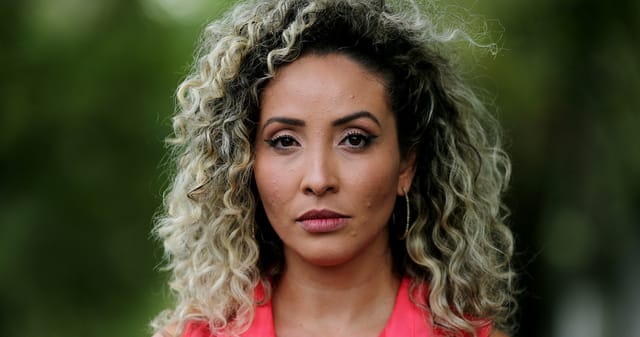
The problem with this statement is that it perpetuates negative racial stereotypes by assuming all races behave a certain way. It fails to acknowledge that people aren’t a monolith. If you must compliment someone for behaving well, focus on their individuality without dragging their race. For instance, you could say, “You’re well-mannered.”
8. “I Don’t See Color.”
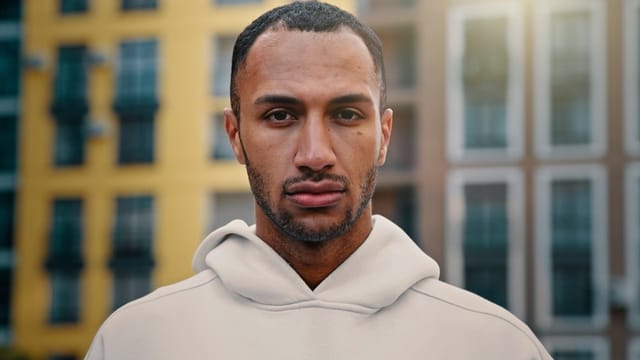
People usually use this phrase to mean that they are cool with everyone regardless of the race they belong to. Though you can appreciate what the phrase is trying to do, it unintentionally promotes the erosion of racial identity. So, nobody of a particular race wants to think of themselves as colorless to others because color is something that exists. It would help if you adopted statements that imply you’re color-aware or color-appreciative.
9. “You’re So Lucky to be (Insert Race Here).”

The problem with this statement is that it minimizes the struggles a certain race always faces. Those who use this phrase make people of a particular race feel like they don’t have it so bad. Even when acknowledging other races’ problems, you shouldn’t make a conversation seem like it’s the Olympics for which race suffers the most.
10. “I Don’t Think of You as (Insert Race Here).”

This phrase intends to show that they care about a person regardless of their racial background. However, the wording of this phrase comes across as trying too hard. If you don’t think of them as a certain race, what are they? It almost seems like you’re trying to erase the person’s racial identity. The most suitable phrase would be, “I don’t care that you’re (insert race); I love you.”
11. “Things Have Always Been Like That.”
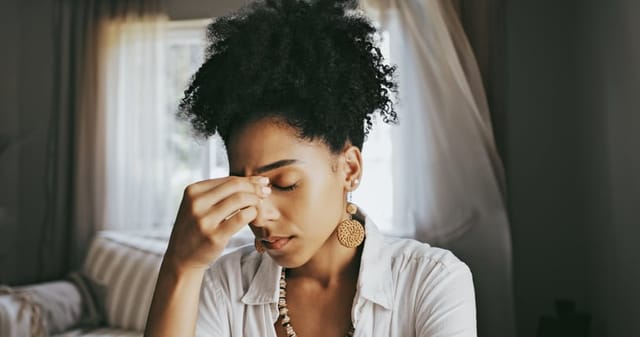
People who say this phrase may assume that racism isn’t going away no matter how often we talk about race. These people fail to realize that racism causes problems such as marginalization, violence, and political instability. They don’t, for a second, think that they could be victims of racism. No matter how long it’ll take to eradicate racism, there’s no reason to assume that things can’t change.
12. “Hello My (Racial Slur).”
Some people feel comfortable using racial slurs because they happen to have friends from another race. These people fail to understand the history behind such words. Racial slurs have always been used to perpetuate stereotypes and promote hatred. If you don’t want to seem like a colonialist from the 1920s, say, “Hello, my friend/brother” instead.
13. “All Lives Matter.”
This phrase isn’t entirely wrong because it acknowledges that every life is important. The problem is that some people use the phrase to dismiss the murders of a particular race by shifting the focus to everyone. While all lives are important, it’s still vital to acknowledge what certain races have dealt with in the past and still deal with today.
14. “Why Do We Keep Focusing on the Past?”
People are more than comfortable talking about the past when it comes to the music they grew up with as kids. But when it comes to past racial injustices, they think the discussion is pointless. Those who use this phrase normally intend to remind people to move on from the past as nothing can be done. However, talking about past racial injustices exposes us to methods that historical figures used to counter racism. Therefore, if you’re bored with the topic of race, it would be best not to say anything at all.
15. “I Have Also Experienced Racial Discrimination.”
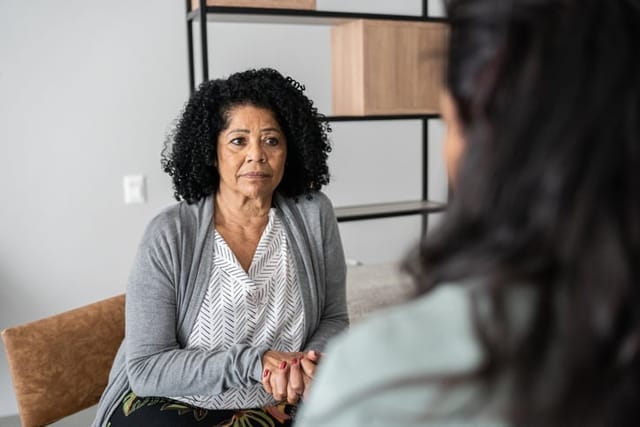
There’s nothing wrong with sharing your past racial discrimination experience. The problem with this phrase is when you use it to interject someone who’s talking about their past discrimination. It isn’t a competition to determine who has endured more racism. Understandably, some people use this phrase to acknowledge that other races also suffer discrimination. If you want to mention how other races get discriminated against, don’t forget to include the other party’s race too.
16. Want A Partner? Attract Love With The Power Of Your Mind.

Our sister site, Sweetn, is a new research-based startup that shows you how to call love into your life with the power of your mind. Take their quiz, and try their tools—they can transform your energy and your love life in a few weeks. Just click here.







